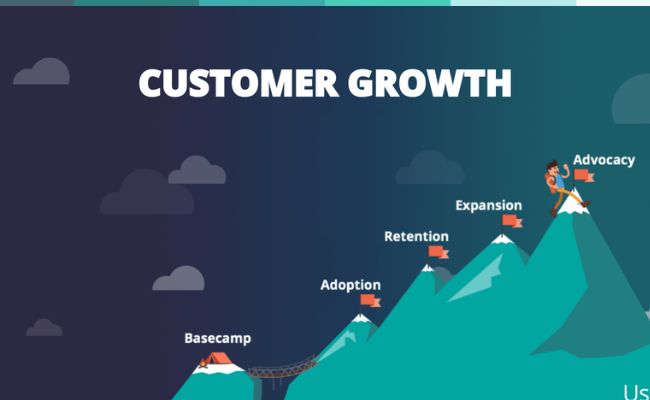
Researchers from IIM Lucknow, Amritsar, and Kashipur have unveiled a groundbreaking risk assessment framework designed to streamline the adoption of Software-as-a-Service (SaaS) technologies in India’s capital markets and banking sectors.
Addressing Barriers in SaaS Adoption
Globally, SaaS—cloud-based services that deliver software over the Internet—has revolutionized how businesses operate. However, its adoption in India’s regulated sectors, such as banking and capital markets, has been notably slow.
Concerns about data security, privacy, and regulatory compliance remain significant hurdles. Recognizing these challenges, researchers from India’s premier institutes conducted an in-depth study, publishing their findings in the Journal of Organisational Computing and Electronic Commerce.
Introducing the Risk-Based IT Governance Framework
The research team, led by Professor Arunabha Mukhopadhyay of IIM Lucknow, developed a risk-based IT governance framework tailored to meet the stringent demands of regulated industries. Co-researchers Swati Jain from IIM Amritsar and Shubhendu Dutta from IIM Kashipur collaborated on this initiative.
This framework is designed to assist organizational leaders in evaluating SaaS adoption risks, including concerns over data breaches, compliance issues, and loss of control.
“Our findings show that decisions about adopting SaaS depend significantly on how leadership evaluates risks like data breaches and loss of control,” shared Professor Mukhopadhyay.
The framework emphasizes management’s role in determining risk tolerance and implementing robust data security measures before making adoption decisions.
Key Takeaways and Practical Applications
The proposed framework offers a systematic approach for regulated firms:
- Assessing Risks: Organizations can evaluate the severity of potential risks before deciding on SaaS implementation.
- Mitigating Risks: For high-risk scenarios, the framework recommends actionable mitigation strategies.
- Streamlined Decision-Making: With manageable risks, the framework facilitates faster adoption of SaaS technologies.
A case study involving a capital market firm illustrates the framework’s effectiveness. The study highlighted how the firm balanced technology evaluation with risk management, leveraging the framework to align technology offerings with compliance requirements.
Implications for Banking and Financial Services (BFSI)
This research has significant implications for banking and financial institutions:
- Enhanced Confidence: By providing a clear strategy for risk management, the framework empowers organizations to adopt SaaS without compromising regulatory integrity.
- Improved Offerings: SaaS providers can refine their solutions to address the unique challenges faced by regulated sectors, particularly regarding security and compliance.
Pioneering Research in Technology Adoption
By focusing on India’s heavily regulated sectors, this research represents a pivotal step forward in understanding technology adoption dynamics. The findings promise to pave the way for greater SaaS penetration in sectors critical to the country’s economic growth.
This initiative underscores the importance of risk-based decision-making in fostering innovation and digital transformation across industries.


